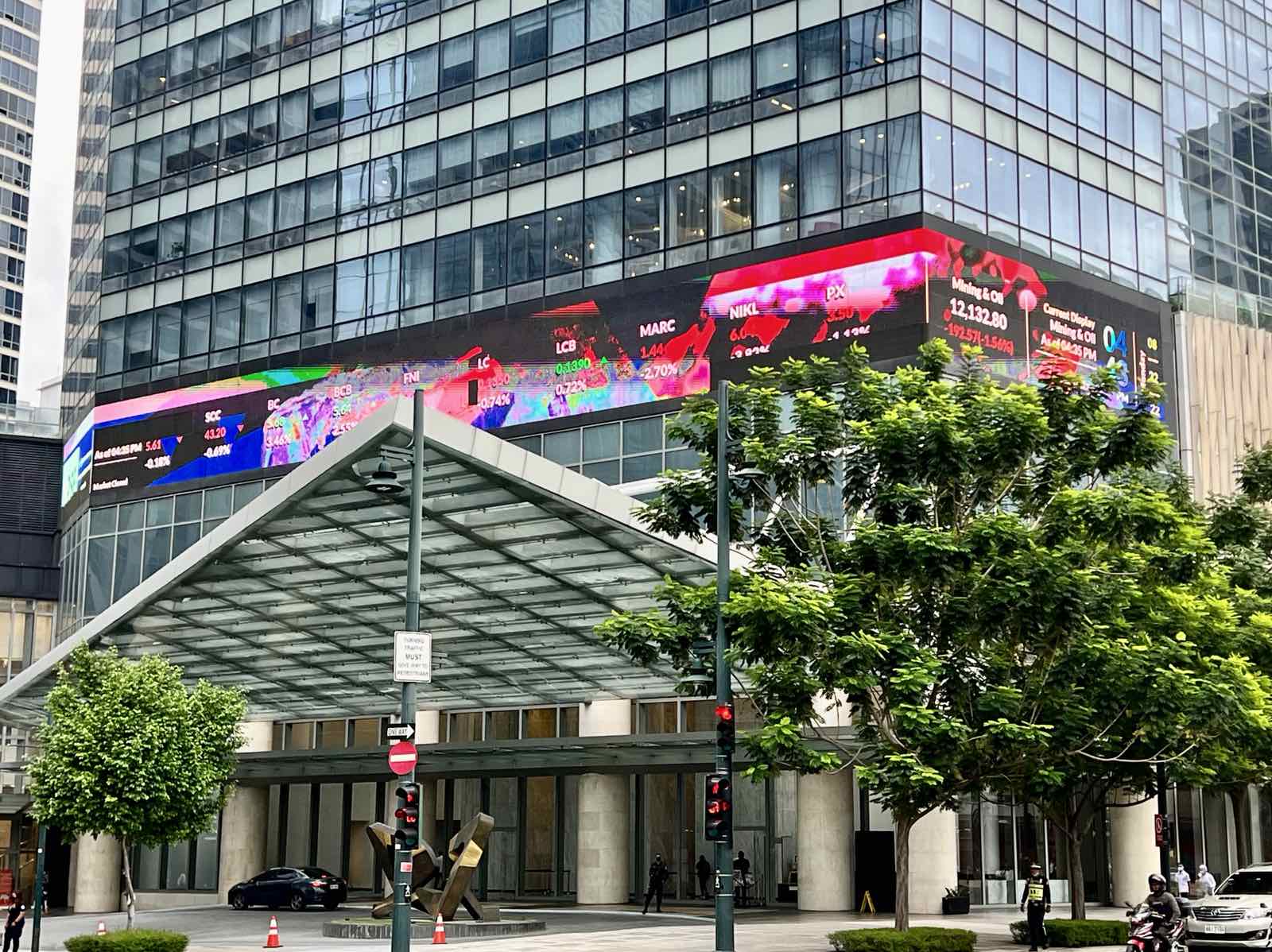
Sen. Bong Go defended the Duterte administration's war on drugs and called for an impartial Senate inquiry on the alleged human rights violations committed in executing the campaign against drug suspects.
Go dismissed as "diversionary tactic" the allegation of retired police colonel Royina Garma that Duterte wanted to replicate the so-called Davao model drug war, which gave law enforcers P20,000 for each street-level drug suspect killed.
The senator on Sunday slammed efforts to tarnish the legacy of former president Rodrigo Duterte's war on drugs amid allegations made against him during the House of Representatives quadcomm hearings.
In a statement, Go underscored the public's right to truth and fairness but at the same time defended the integrity of Duterte's administration and his role during that period.
He said combating illegal drugs and crime "was the cornerstone" of Duterte's campaign that led to his presidential victory in 2016.
While he prefers to focus on public service work, Go said he would "not allow his name to be tarnished by baseless accusations."
He said that as Duterte's special assistant, his duties "were limited and without involvement in police operations."
"As stated in the Executive Order creating my position, my functions are limited to scheduling, appointments, and presidential engagements. My mandate does not include police operations," he said.
He said Duterte, a lawyer and former prosecutor, was committed to the rule of law and would "never condone unlawful killings."
Go questioned Garma's testimony against Duterte at the quadcom hearings, saying it was part of "diversionary tactics to muddle the true issue she is facing — her participation in an alleged murder plot."
He said that "unsubstantiated and malicious claims have no place in a legitimate investigation."
"I would strongly encourage the Senate to conduct an impartial investigation on these allegations," Go said.
Garma told the quadcom Friday that Duterte had ordered her to find a police official to lead a national anti-drug task force that would replicate nationwide the Davao model war on drugs.
She said Duterte instructed her in May 2016 to find a Philippine National Police (PNP) officer who was a member of the Iglesia Ni Cristo to lead the task force.
"The Davao model involves three levels of payments or rewards. First is the reward if the suspect is killed. Second is the funding of planned operations. Third is the refund of operational expenses," Garma said.
Garma said she recommended her upperclassman at the PNP Academy, then police colonel Edilberto Leonardo, who was tasked to form the police force after meeting with Duterte.
On Sunday, PNP chief Gen. Rommel Francisco Marbil urged former top police officials to clarify their role in the Duterte administration's anti-drug campaign.
"We take these allegations very seriously. We will thoroughly investigate Garma's claims to ensure accountability and transparency within our ranks," Marbil said. He underscored the need to restore public trust in the PNP.
"Our commitment to human rights and accountability is paramount. We must work diligently to regain the trust of the people and ensure that law enforcement operates within the bounds of the law," Marbil said.
Bernadette E. Tamayo and Francisco Tuyay
Read The Rest at :








